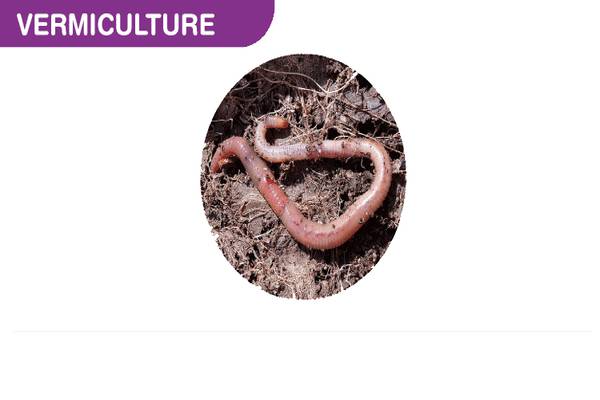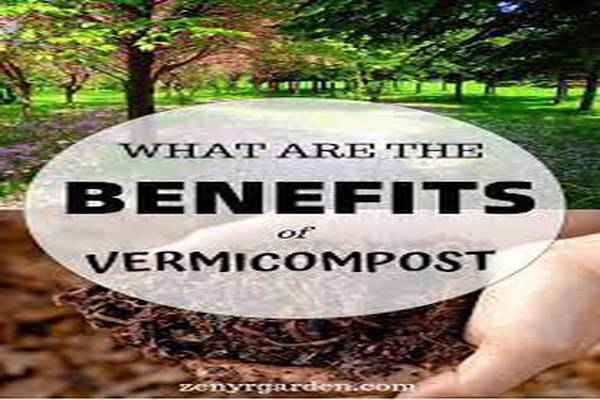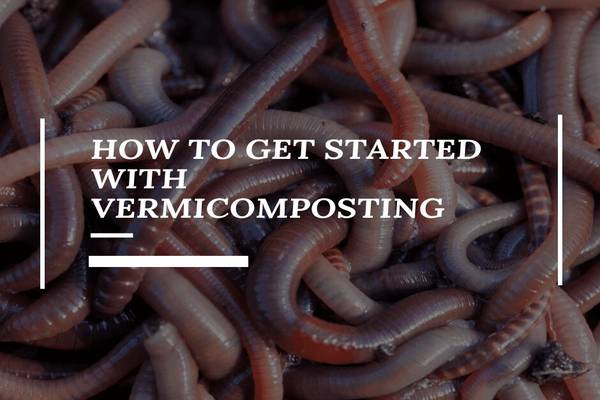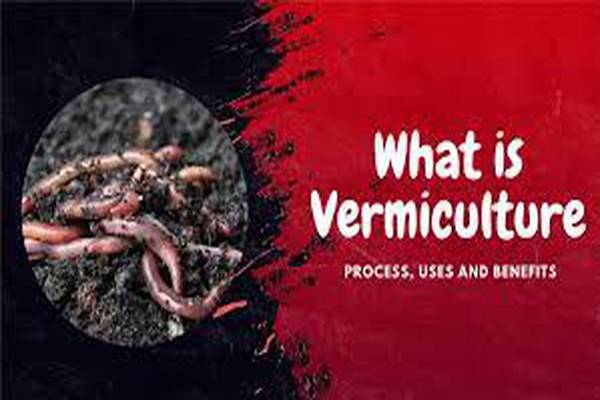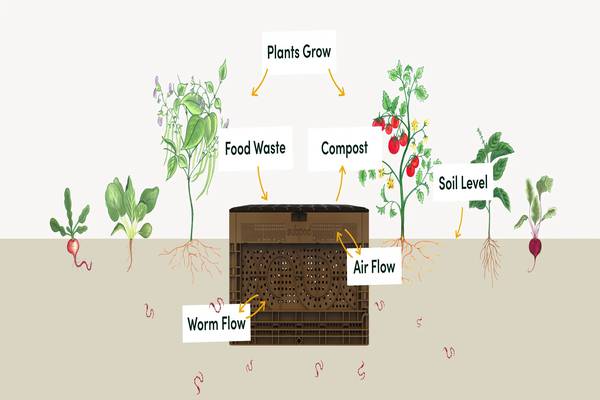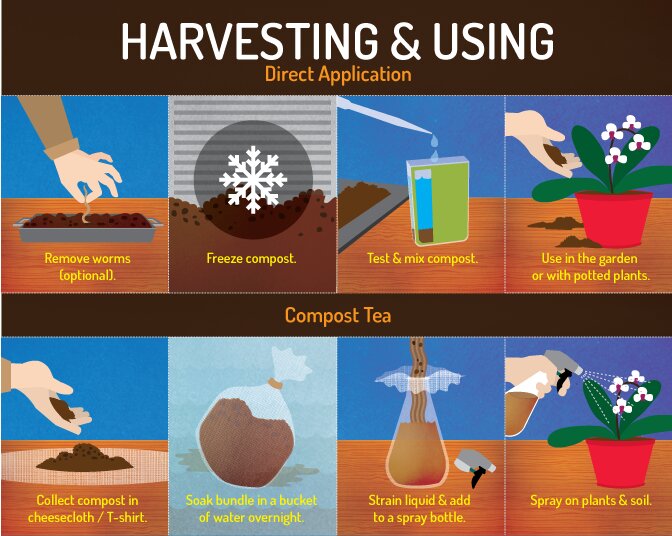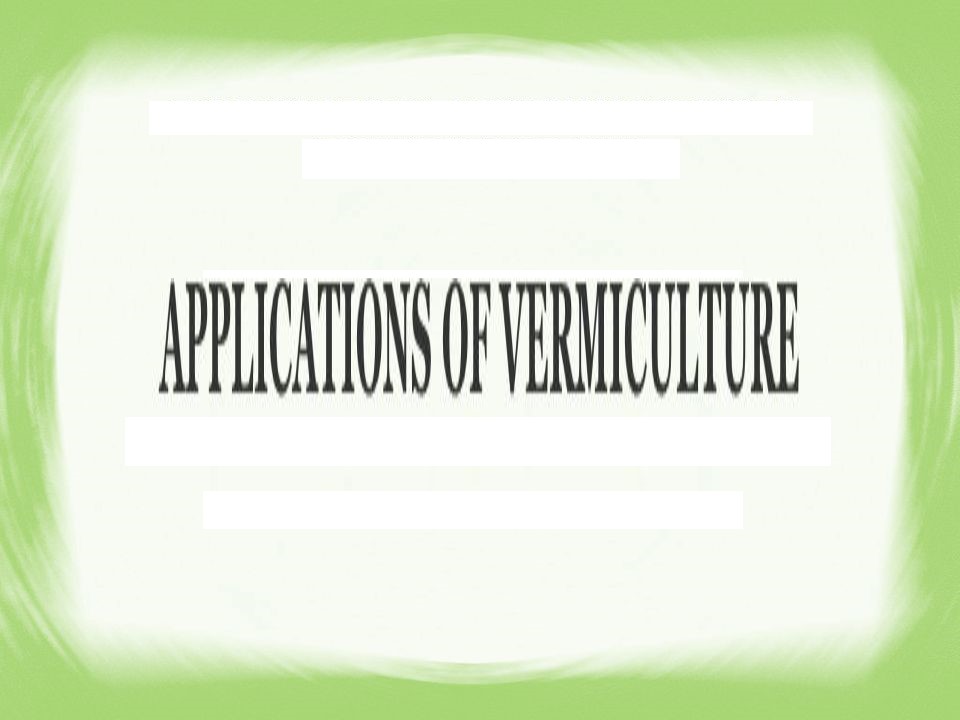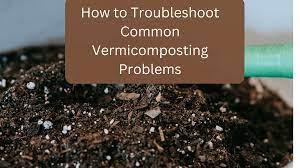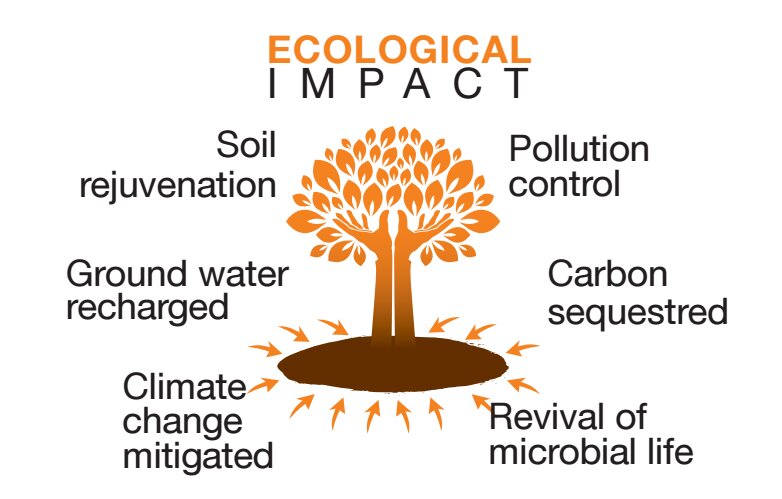Understanding Vermiculture: A Comprehensive Guide
Drafted by: vijaychourey26@gmail.com
Vermiculture, also known as vermicomposting, is a fascinating and eco-friendly method of composting organic waste using earthworms. This natural process transforms organic materials into nutrient-rich soil amendments that benefit both the environment and gardening endeavors. In this article, we'll delve into the world of vermiculture, exploring its benefits, the process, and how you can start your own vermicomposting adventure.
Introduction to Vermiculture:
Vermiculture, also known as worm farming, is a natural and sustainable method of recycling organic waste materials using special types of earthworms. These worms, such as the red wigglers (Eisenia fetida), play a crucial role in breaking down organic matter into nutrient-rich compost known as vermicompost.
Benefits Of Vermiculture
Waste Reduction: Vermiculture significantly reduces the amount of organic waste that ends up in landfills, contributing to waste reduction and improved waste management.
High-Quality Compost: Vermicompost is rich in essential nutrients, microorganisms, and enzymes that enhance soil health and plant growth.
Cost-Effective: Setting up a vermiculture system can be cost-effective in the long run, as it reduces the need for commercial fertilizers.
Soil Improvement: Vermicompost enhances soil structure, water retention, and aeration, leading to healthier and more productive gardens.
Reduced Environmental Impact: By diverting organic waste from landfills, vermiculture helps reduce greenhouse gas emissions and soil contamination.
Getting Started With Vermicomposting
Selecting the Right Worms
To start vermiculture, you'll need specific types of earthworms, such as red wigglers (Eisenia fetida) or redworms (Lumbricus rubellus). These worms are voracious eaters and thrive in organic waste environments.
Choosing a Bin
You'll need a suitable container for your worms. This can range from a simple plastic bin to a purpose-built vermicomposting system. Ensure the bin has proper aeration and drainage to prevent odors and excess moisture.
The Vermicomposting Process
Preparing the Bin
Line the bin with moistened bedding material, such as shredded newspaper or coconut coir. This provides a comfortable environment for the worms and retains moisture.
Adding Worms and Bedding
Introduce the worms to the bin along with some initial bedding. Allow them to settle in for a few days before feeding.
Feeding and Maintaining the Bin
Feed your worms a balanced diet of kitchen scraps, coffee grounds, eggshells, and other organic waste. Avoid dairy, meat, and oily foods. Regularly check the moisture level and adjust as needed.
Maintaining Your Vermiculture System
Monitor Food Levels: Avoid overfeeding the worms to prevent odors and fruit fly infestations.
Aerate the Bedding: Gently mix the bedding to improve aeration and prevent compacting.
Harvesting Castings: As the worms process the organic waste, harvest the dark, nutrient-rich castings and return the worms to the bedding.
Harvesting And Using Vermicompost
Separation Method: Push the compost to one side of the bin and add fresh bedding to the other. The worms will migrate to the new bedding, allowing you to harvest the compost.
Sifting Method: Sift the compost through a mesh screen to separate the worms and castings from the finished compost.
Applications Of Vermicompost
Gardening: Mix vermicompost into garden soil to improve fertility, water retention, and plant health.
Potting Mixes: Create nutrient-rich potting mixes for indoor and outdoor plants.
Compost Tea: Brew compost tea for a liquid fertilizer that enhances plant growth and disease resistance.
Troubleshooting Common Issues
Foul Odors: Adjust the bedding moisture levels and avoid adding oily or acidic foods.
Fruit Flies: Bury food scraps in the bedding and ensure proper ventilation.
Slow Composting: Check bedding moisture and ensure worms are getting enough food.
Environmental Impact Of Vermiculture
Waste Diversion: By diverting organic waste from landfills, vermiculture reduces methane emissions and landfill pressure.
Soil Restoration: Vermicompost enriches soil with beneficial microorganisms and nutrients, supporting healthy plant growth.
Water Conservation: Improved soil structure from vermicompost helps retain water, reducing the need for irrigation.
